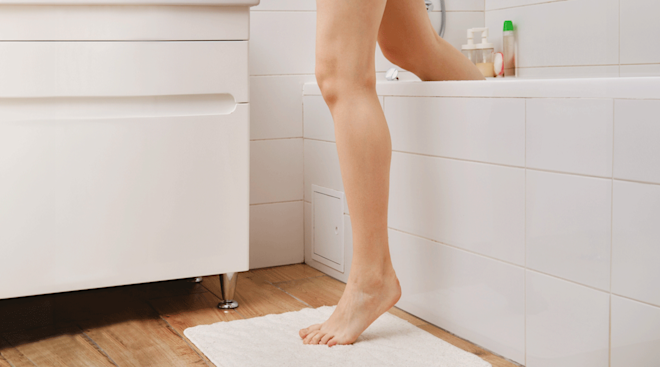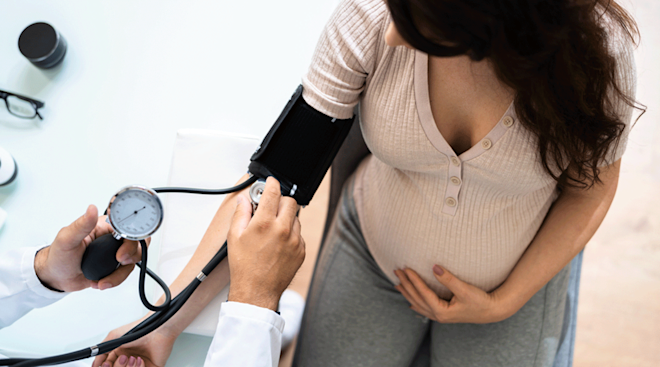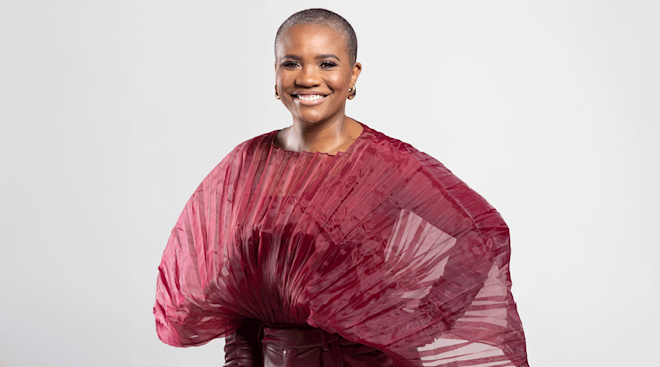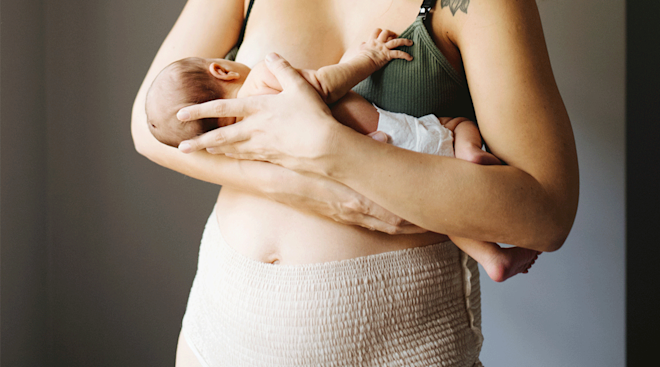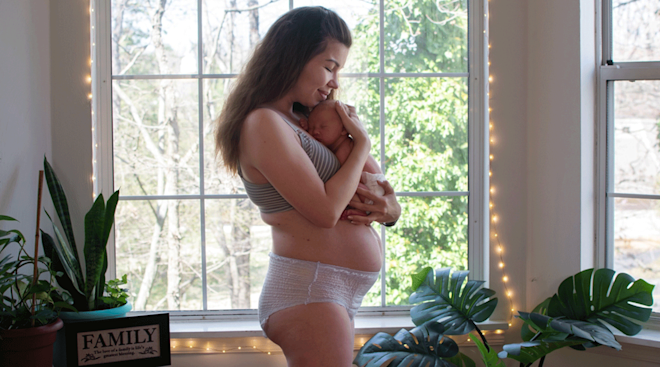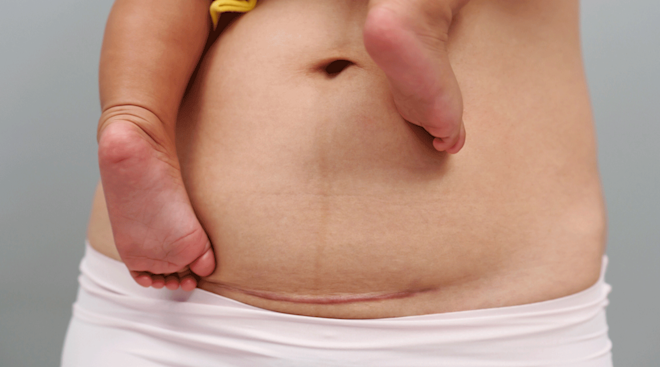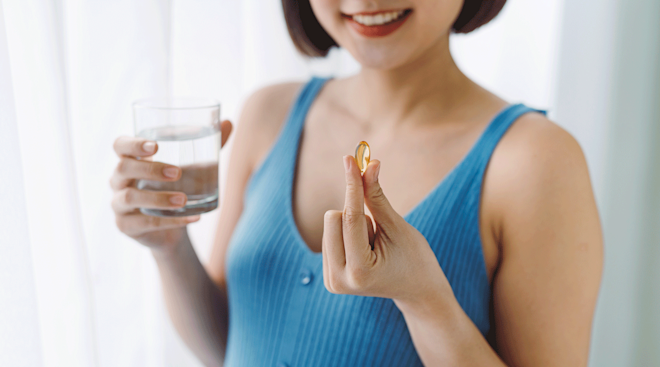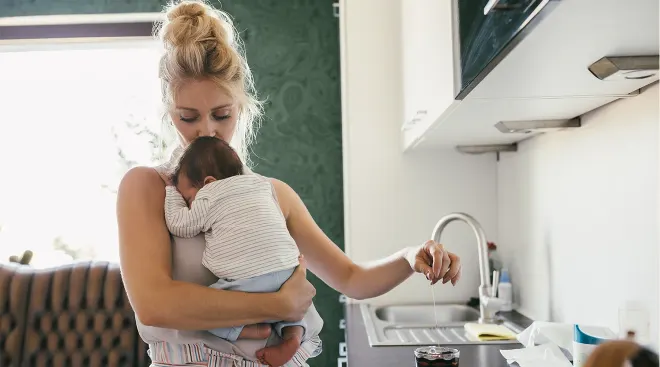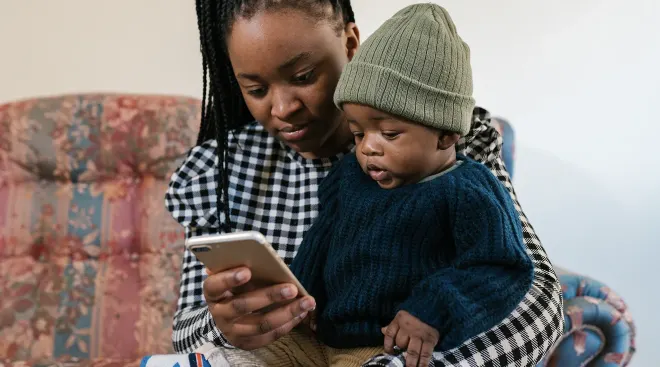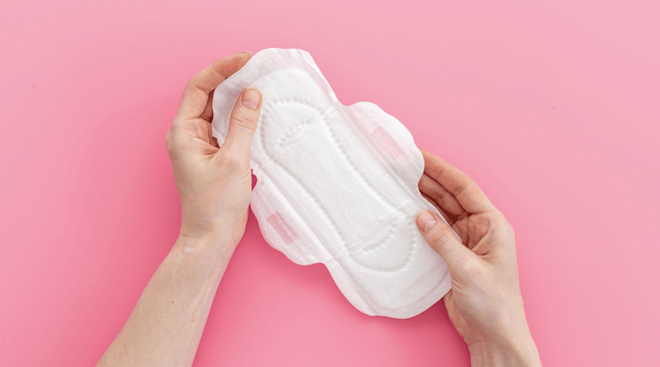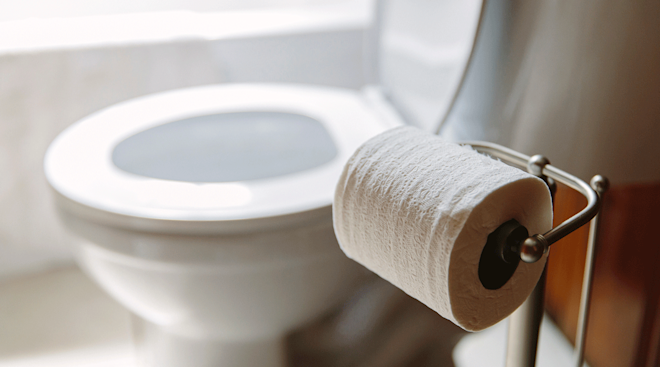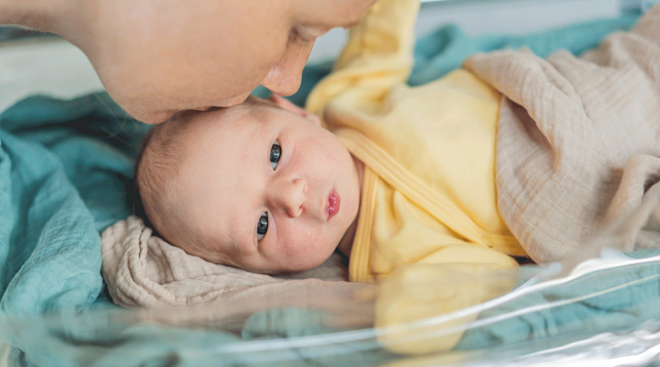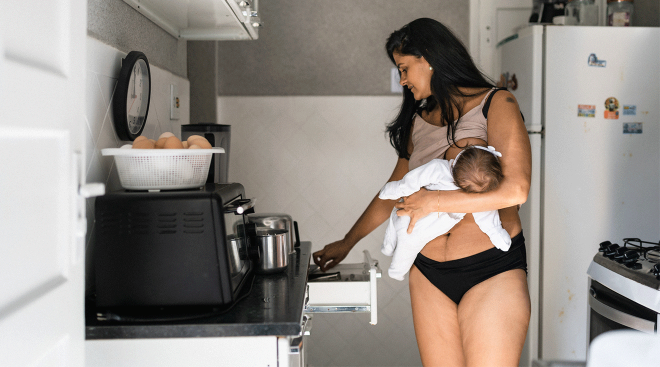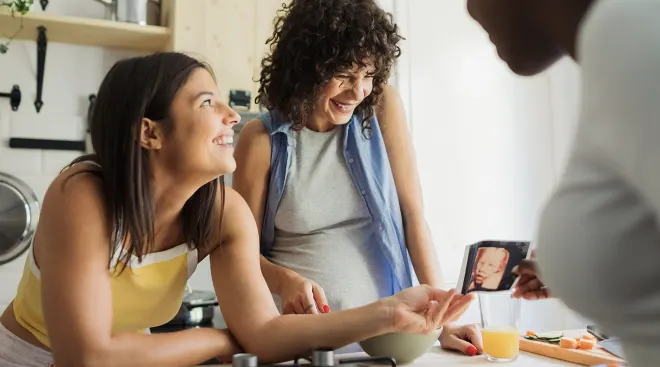Mandy Moore’s Placenta Pills Spark Debate Over Benefits and Dangers
A little over a week after welcoming baby boy Ozzie into the world, Mandy Moore has once again ignited the debate around eating your placenta.
As Moore keeps her friends and fans updated on her life postpartum, she recently shared on her Instagram Stories that she’s consuming her placenta in capsule form post-birth. “Round 2 with @feelgoodplacenta,” the new mom of two wrote alongside a photo of a pill bottle with the label: “Made By You, For You. Filled With Your Placenta and a Whole Lot of Love.”
This is the second time Moore has decided to save and encapsulate her placenta post-birth. On the Informed Pregnancy podcast in 2021, Moore admitted to eating her placenta, joking about the pills’ taste, “Oh, you know. Mmm.”
While the popularity of placenta eating has undoubtedly increased, making comments like these more “mainstream,” Moore is far from the first celebrity to advocate for eating your placenta. Kim and Khloe Kardashian, Chrissy Teigen, Nikki Reed and Hilary Duff have all heralded the benefits of ingesting placenta.
Despite all the celebrity endorsements, does eating your placenta really provide any benefits?
Most of the rise in placenta-eating is rooted in the belief that it can help moms ward off the baby blues and generally provide a boost during the postpartum period. While not backed by research, anecdotally, people claim the possible benefits of eating placenta include: increased iron supply, greater milk production, more energy, improved mood, better maternal bonding, higher skin elasticity and faster postpartum healing.
All these benefits may sound nice—but it’s important to note that the Centers for Disease Control (CDC) and several medical associations advise that there is no strong scientific evidence supporting the practice of eating your placenta. In fact, there are real dangers to placenta ingestion.
In a report reviewing placenta encapsulation, the CDC writes, “No standards exist for processing placenta for consumption…The placenta encapsulation process does not per se eradicate infectious pathogens; thus, placenta capsule ingestion should be avoided.”
According to Jules Gourley, owner and director of the Association of Placenta Preparation Arts, a national placenta encapsulation training program, if you’re interested in consuming your placenta, looking into the methods a placenta preparer uses, and understanding the possible dangers, is key. Risks of eating placenta may include:
- Infection. Birth isn’t a sterile process, and bacteria from the birth process, including fecal bacteria, can contaminate the placenta and make you sick.
- Infection in baby. If you eat placenta that hasn’t been properly prepared, baby may ingest harmful pathogens through your breast milk.
- Cross-contamination. It’s crucial that your placenta is prepared in a sterile environment or else blood-borne cross-contamination could occur. “The specialist should be trained in food-safe methods, have taken blood-borne pathogen training and have stringent sanitation methods,” Gourley says. “Sanitation protocols should at least meet but preferably exceed EPA guidelines. If someone claims to be using a natural sanitizer, it’s likely not approved for use.”
Ultimately any decision regarding your postpartum health and care should be discussed with your doctor. Experts recommend you do your research about placenta eating, if your hospital allows placenta retrieval and dive into what feels right for you—this way, you can have an honest and informed discussion with your doctor before your due date arrives.
Please note: The Bump and the materials and information it contains are not intended to, and do not constitute, medical or other health advice or diagnosis and should not be used as such. You should always consult with a qualified physician or health professional about your specific circumstances.
Navigate forward to interact with the calendar and select a date. Press the question mark key to get the keyboard shortcuts for changing dates.



































